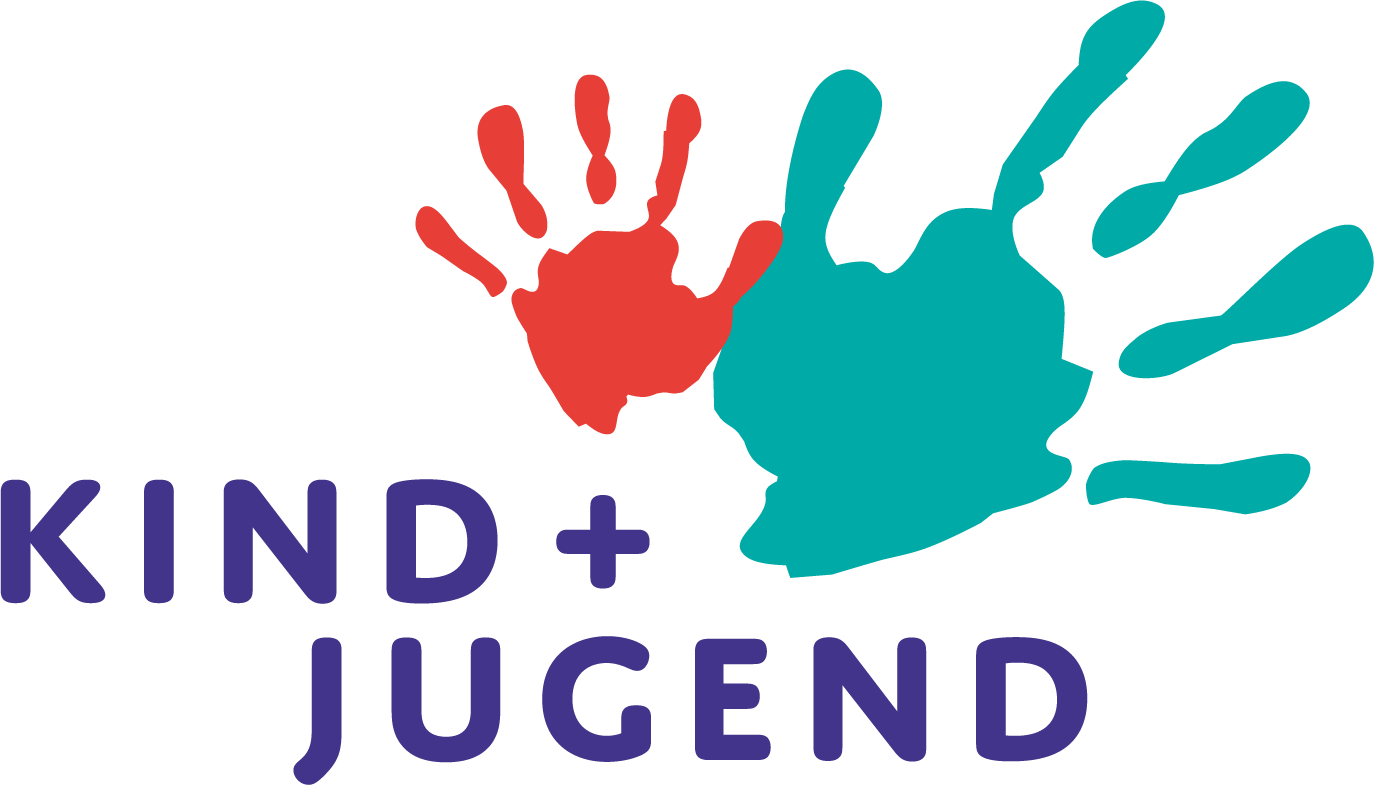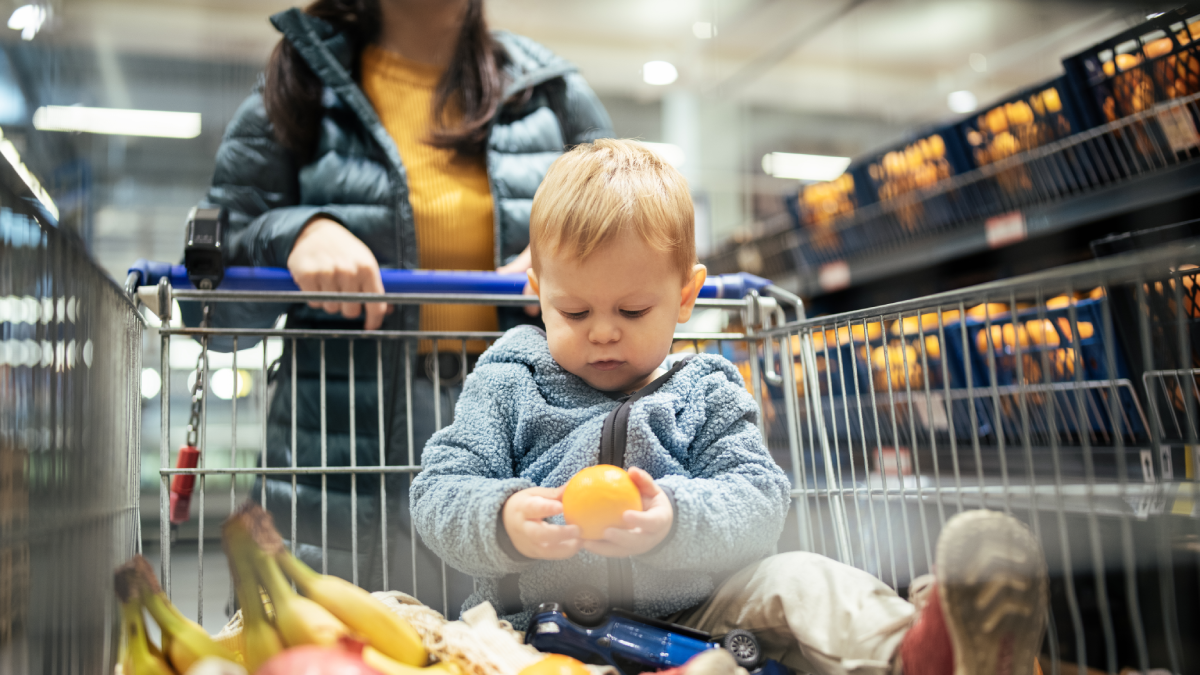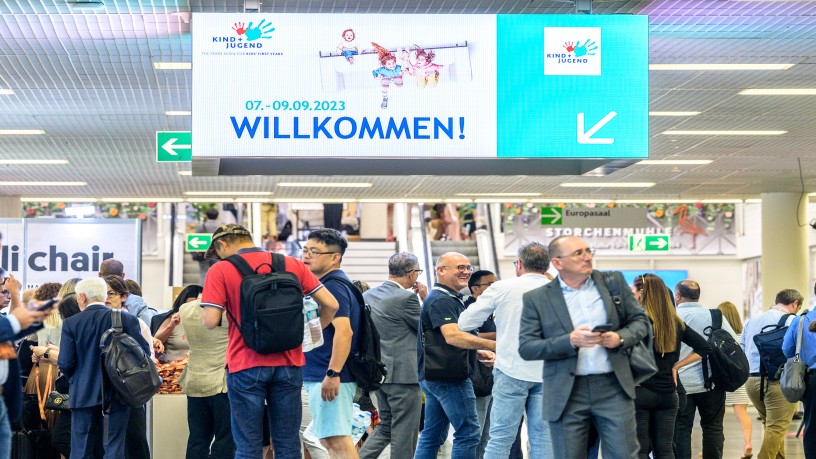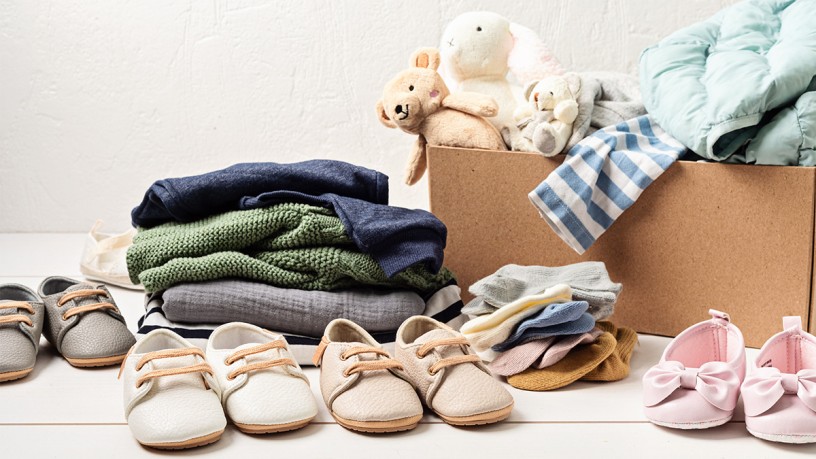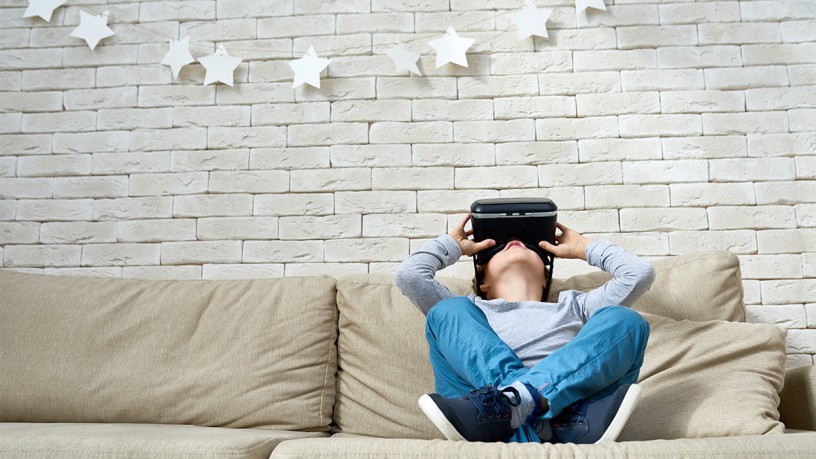What if ... the "zero waste" concept applied to the baby and toddler sector?
What if... the "zero waste" concept applied to the baby and toddler sector?
For the second part of our "What if..." series, we would like to invite our readers to take part in a new experiment today: What if baby and toddler products were sold without packaging?
The concept is well known: Zero waste stores offer food and other everyday items, such as cosmetics, detergents and cleaning products, without packaging. There are currently around 300 stores of this type in Germany. Despite recent difficult circumstances and a general decline in the number of unpackaged stores, the concept is still thriving. As many as 43 % of respondents to a YouGov survey could imagine shopping in such a store. 22 % of respondents shop unpackaged at least occasionally.
But what about when a baby is born? Will parents be able to retain the concept of unpackaged shopping or discover it for themselves? The answer to this question is not a quick one. Sustainability has long been an important issue for many parents, and it also influences their purchasing decisions. However, there are some restrictions that arise when we continue our thought experiment.
Infants: High demands on hygiene and safety 40
Newborns and babies are particularly vulnerable because their immune system is not yet fully developed. Their nutrition and care are therefore subject to particularly high requirements in terms of hygiene and safety. If, for example, breastfeeding is not possible, families are dependent on infant formula. This is regulated by strict rules and must be industrially packaged. Powdered milk from a large dispenser in an unpackaged store? Unfortunately, not a good idea. Safety is also a reason why some other products - such as pacifiers or bottles - cannot be offered completely unpackaged: Although these products can be sterilized at home, manufacturers are sometimes obliged to provide detailed safety instructions for the product. Packaging and "instruction leaflets" are therefore also essential in these cases.
So do parents have to completely abandon their sustainability wishes during the infant phase? No! From cloth diapers to second-hand clothing, there are many ways to save resources. And many manufacturers are endeavouring to design the indispensable packaging as resource-saving as possible - they rely on recycled and recyclable materials.
Homemade and out-of-the-box thinking
The older the baby gets, the greater the scope for parents to return to the unpackaged concept in everyday life. There is great potential in nutrition - here, home-cooked food is clearly ahead of jarred food in terms of sustainability and waste avoidance. Fruit and vegetables for porridge are available unpackaged in the supermarket or at the farmers' market. Pasta and oatmeal are also easy to buy in zero waste stores. Even large supermarket chains have recognized the need and have recently started testing unpackaged stations for selected groceries.
And it's not just what the baby needs straight away that counts in the family household's waste balance. After the birth of the child, the need for many everyday products increases: detergent, dishwashing liquid etc. keep baby's dishes, bottles and clothes clean - and can easily be bought without packaging.
What about the shipping boxes?
Anyone who talks about zero waste cannot avoid this topic, because the boom in online retail, which is associated with delivery traffic and a large amount of packaging material, is difficult to reconcile with the resource-saving concept. In the search for a sustainable lifestyle, it is perhaps not only the question of what to buy that is relevant, but also the question of "where". The stationary specialist retailers in our sector may not (yet?) offer an unpackaged concept for toys, baby carriages and more - but if you buy here, you at least save on shipping packaging. And at the same time, you also get expert advice.
